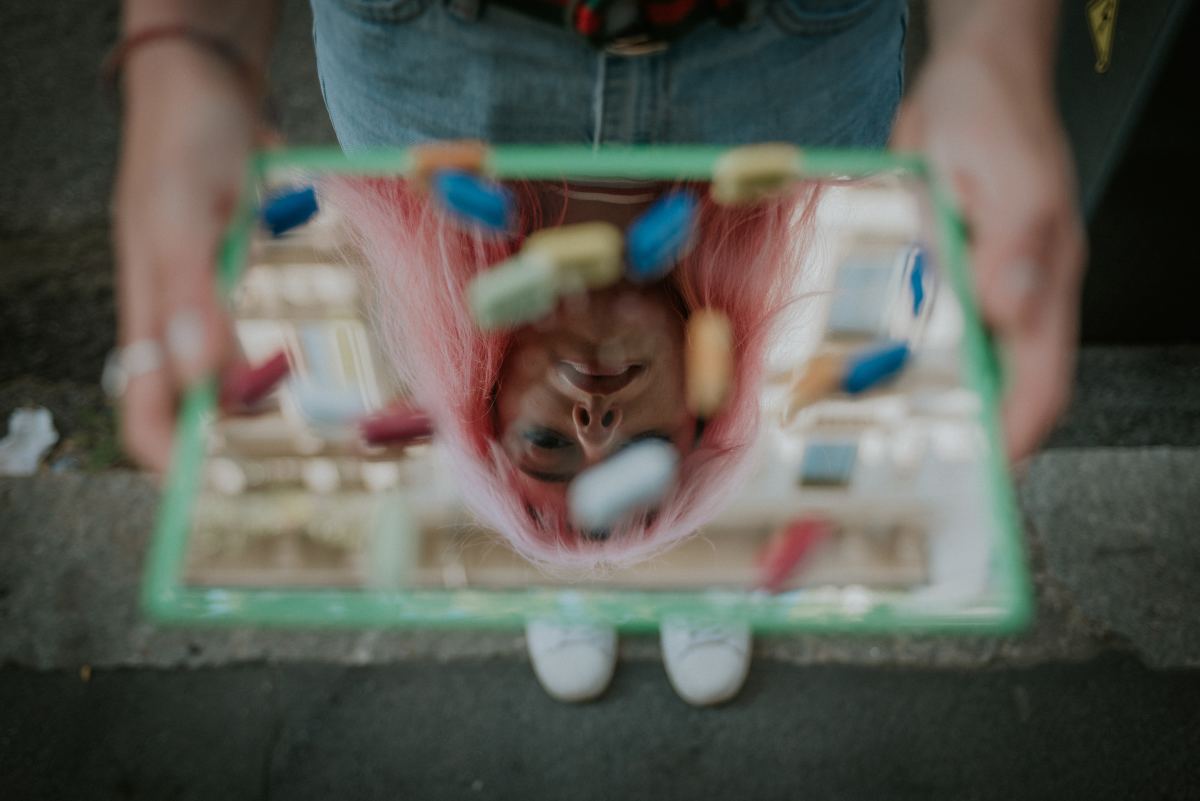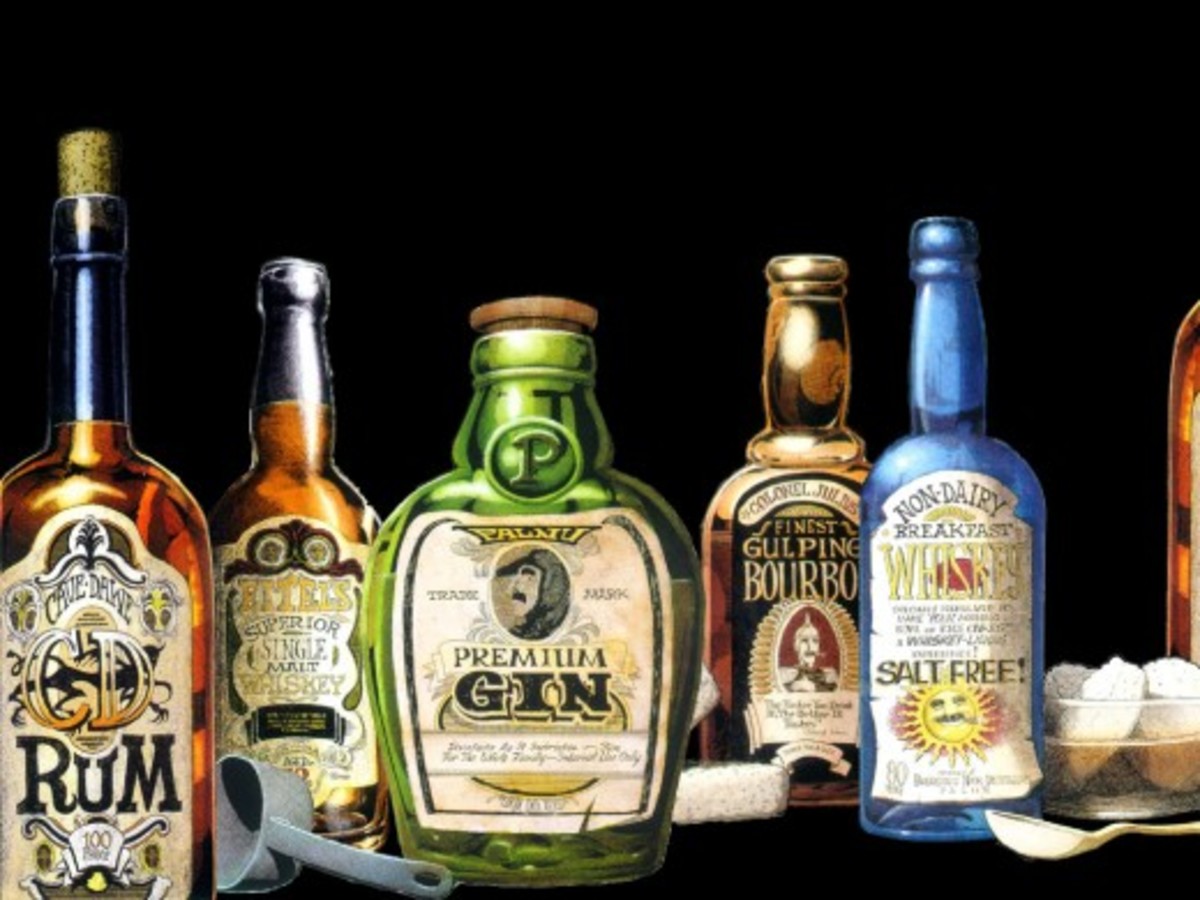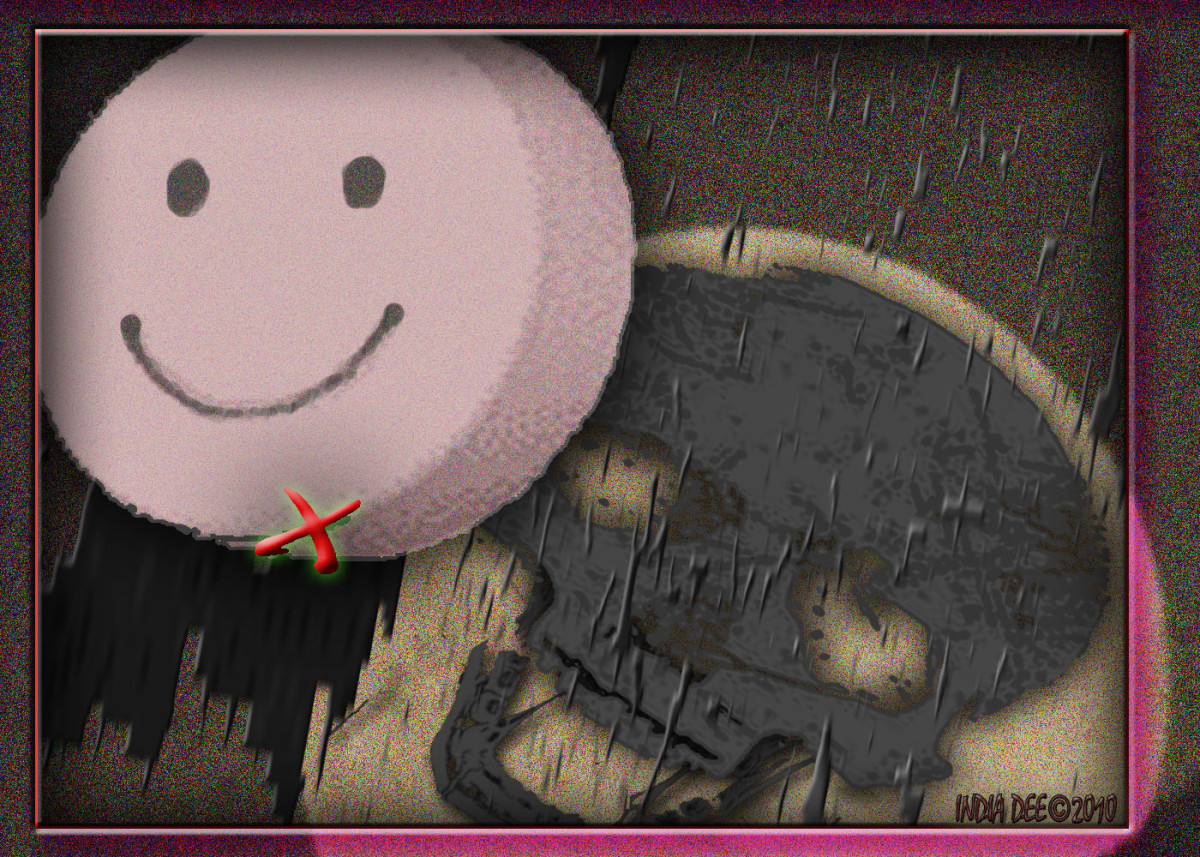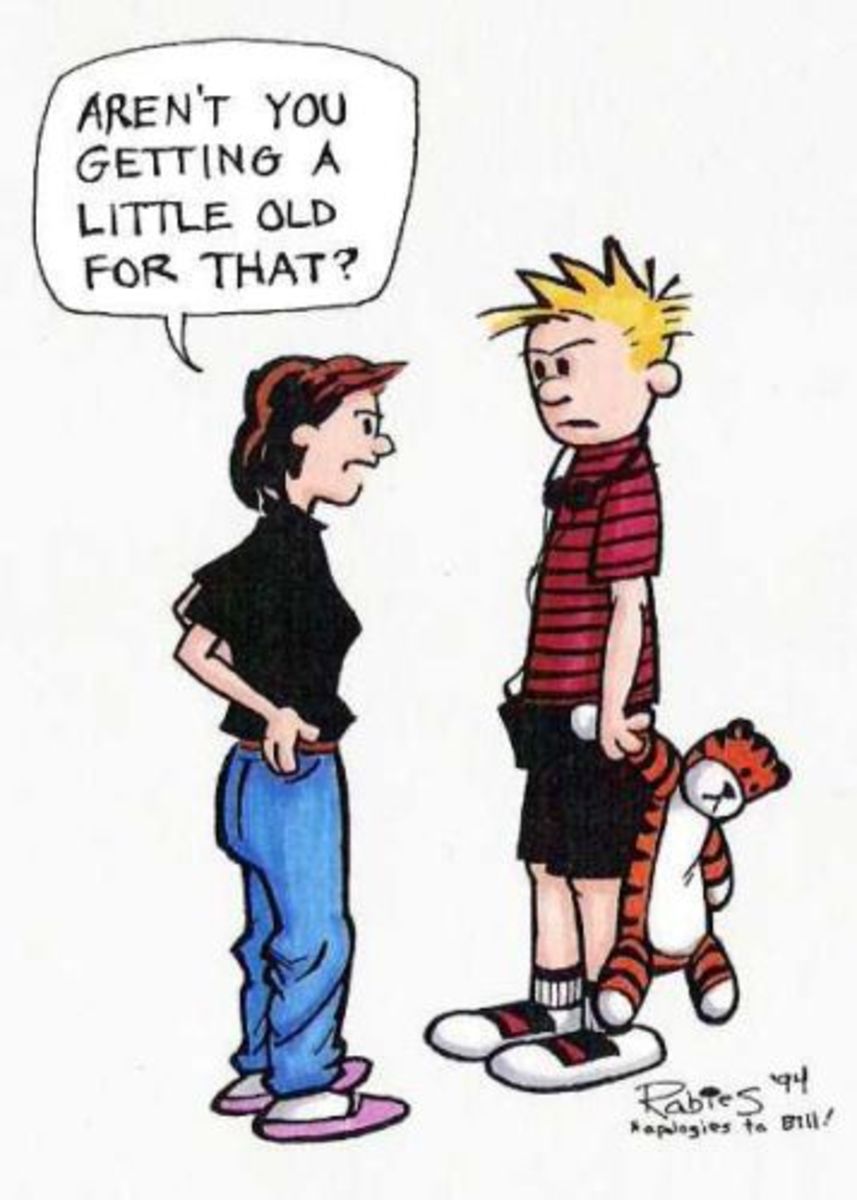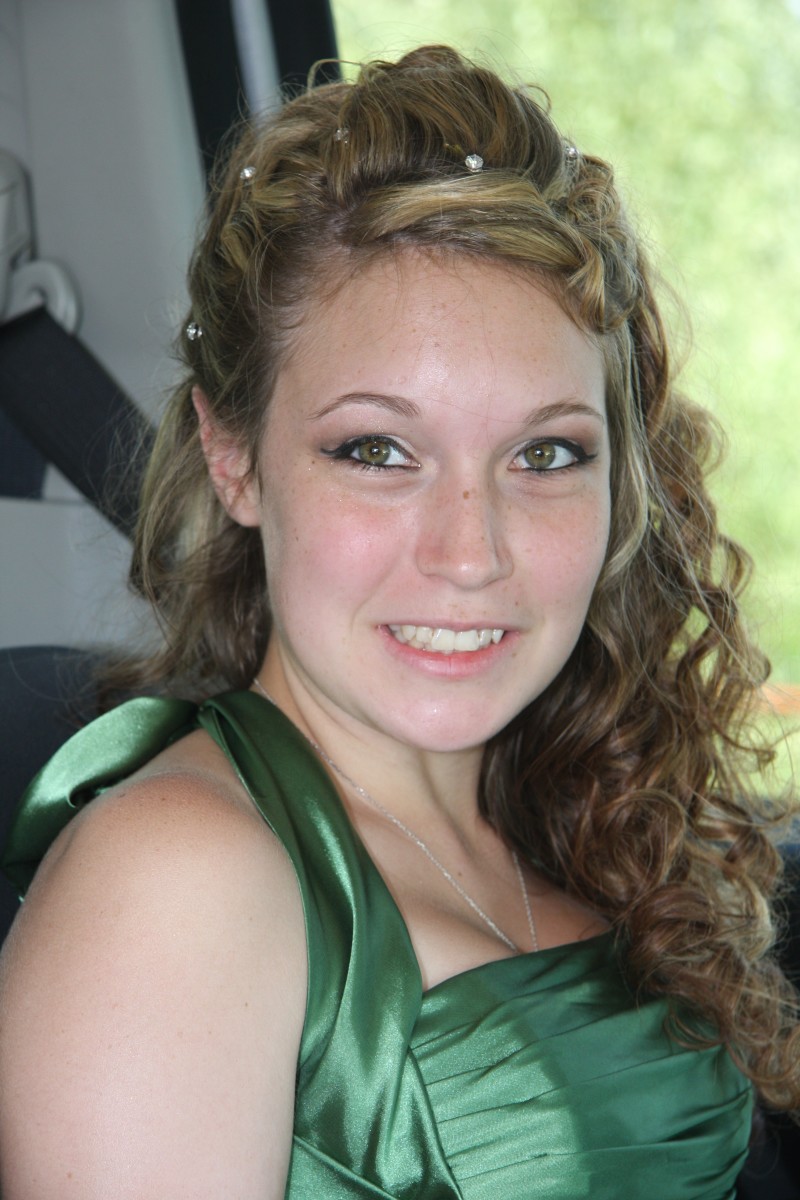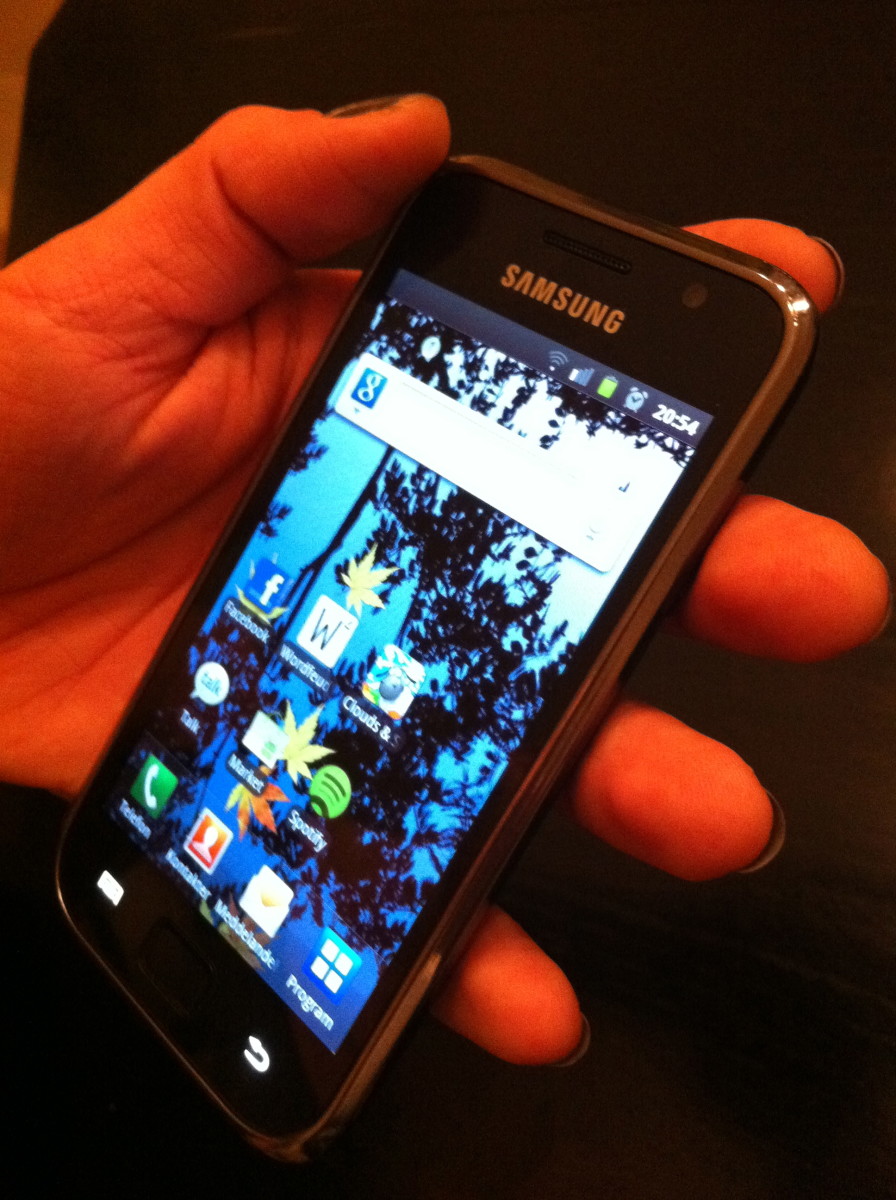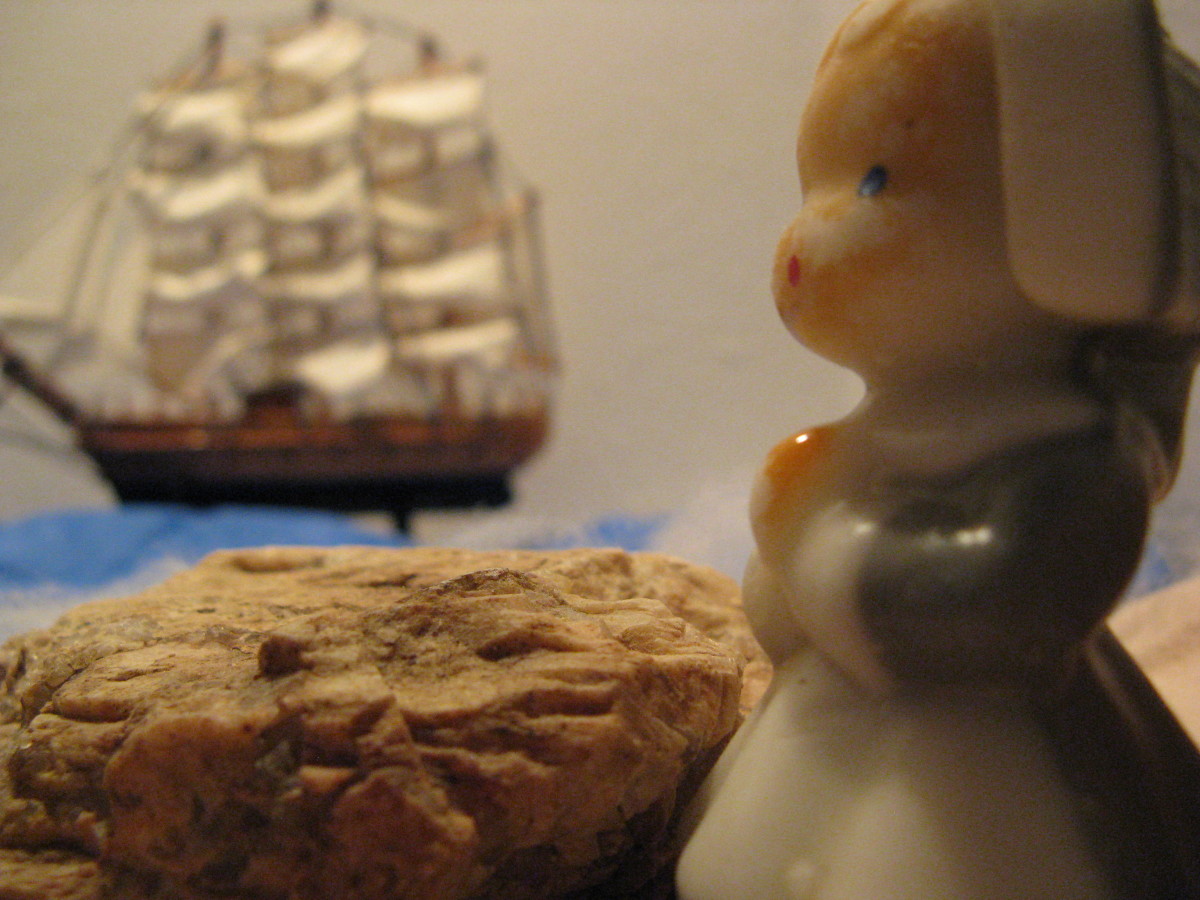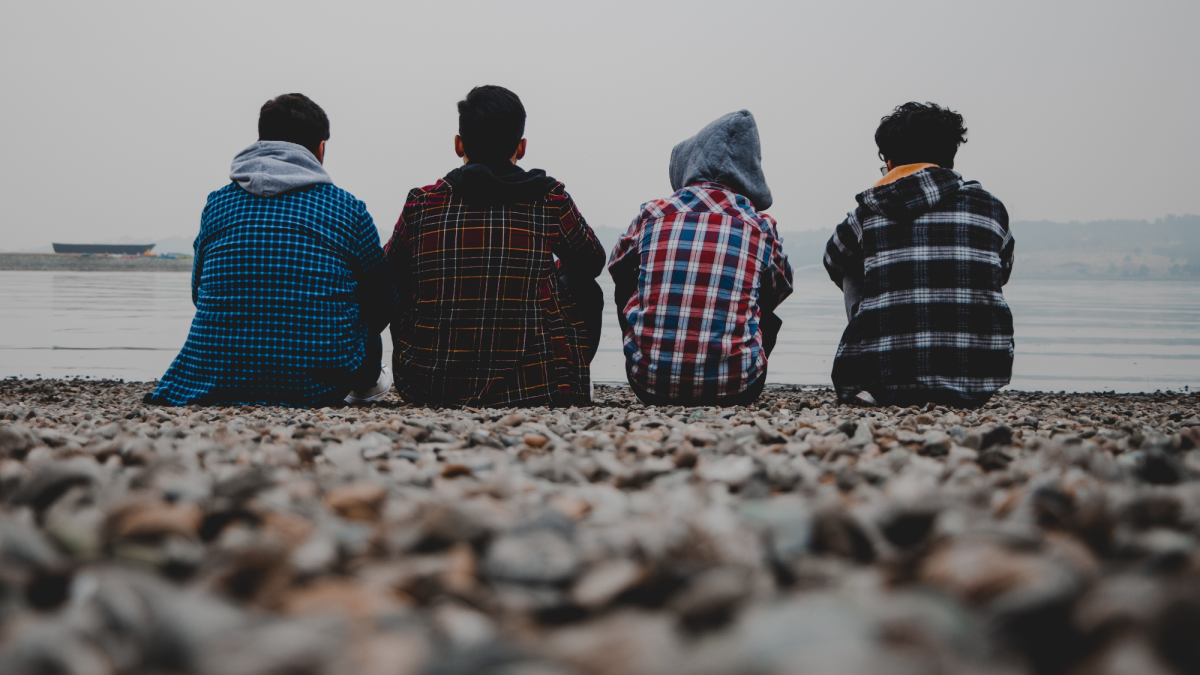How Can I Tell If My Teenager Is Using Drugs Or Alcohol?
How well do you know your teenager?
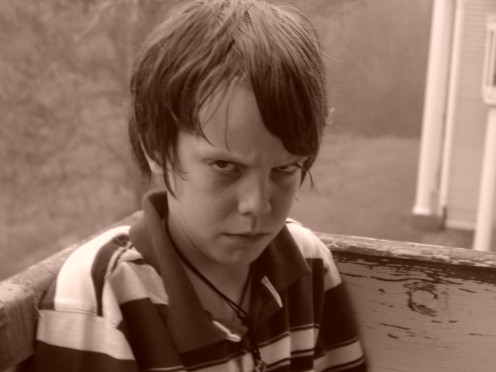
Rebellion or drug abuse?
If you have a teenager, you know sometimes it is often tricky to tell typical teenage behavior from potential behavior that might mimic drug or alcohol abuse. You may ask yourself "how can I tell if my teenager is using illegal drugs or alcohol"? Of course not all rebellious behavior indicates your teenager is using illegal drugs.
Teenage rebelling is a normal part of going through the teenage years. It is a time when teens are trying to find who they are, where they belong in the world. They are in the process of letting go of the child they no longer are. And trying to navigate into a whole new identity of that in between world of child and adolescent chaos.
Their may have peers who are using illegal or prescription drugs, drinking, smoking and having unsafe sex. Every teenager has to decide if it is the right thing to do for them. Is it cool? Does it make them popular? Will they have more friends? If they say no, they may risk looking uncool, or the chance of becoming unpopular. If they say yes, they embark down a road that might not be such an uncorrupted path to be on.
If your fortunate enough, your teen will talk to you or someone they feel confident enough to talk to about drugs and unsafe practices. In my case, I am very my teenage niece and nephews talk to me, their grandmother, and mother about many things that are changing in their lives. being open and ready to listen is essential. Not getting angry or judgmental before you know what is going on.
Many families are not quite so lucky when it comes to communication with their teenage children. I have witnessed closely what drugs can do to the entire family. It doesn't matter if your rich or poor, super strict or laid back and easy-going. Your child is not going to escape peer pressure unless you lock them in a closet until they are old enough to do as they please.
Like some teenagers, they defy authority, itching to push that curfew just a little bit later, or act older than they really are. They begin to spend the weekends with their friends, instead of spending time with their family. The good news about all of this is it is perfectly normal teenage behavior to a certain degree.
Drugs and alcohol destroy millions of lives every single year. Nine times out ten you know someone who abuses drugs or alcohol, or someone who has been negatively affected by drugs or alcohol. Alcohol is the most used and abused drug in the United States. Nevertheless, if you are worried about some of the behaviors, the list below can help you identify if your teenager may be using drugs or alcohol. Remember the best defense is keeping a line of communication open.
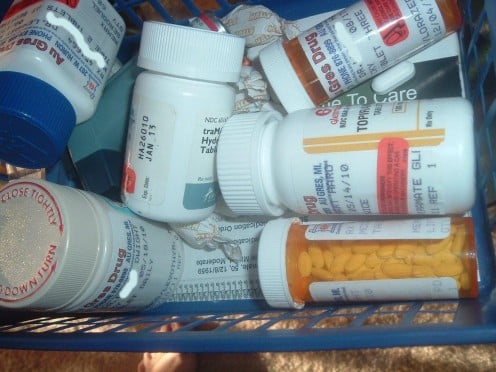
Some Things To Know
- Signs And Symptoms Of Children With Depression
Having children, you always expect them to be happy and contented, but oftentimes that is not the case. Children do get depressed, but may have different ways of expressing depression. Childhood depression is very real and should not be taken lightly - Myths And Facts About Mental Illness-Awareness, Prevention, And Fighting Stigma
Being truthful about your mental illness helps people understand your illness better. It can help others understand, respect, and defeat stigma that all to often comes along with mental illness. - 5 Effective ways to fight against teen depression
Teen depression is one of the critical diseases for each and every family. This problem is not only spreading among young people but also increasing rapidly among old citizens. Young generation belongs to the top position of the society but at the...
Signs To Watch Out For
1. Noticeable Changes In Appearance
- Sloppy appearance, poor hygiene habits
- Blood shot eyes, wearing sunglasses and using eye drops
- Coughing, stuffy nose, cold like symptoms
2. Noticeable Changes In Eating And Sleeping Habits
- Difficulty sleeping
- Taking long naps
- Noticeable changes in weight
- No appetite or suddenly eating a lot of sweets
3. Noticeable Personality Changes
- Sudden mood swings
- Sullen, defying authority for no reason
- Sadness, depression, suicidal thoughts
- Accusing, lying, doesn't care attitude
- Memory loss, not paying attention or zoning out
4. Noticeable Changes In School Activities
- Not finishing homework assignments, grades are failing
- Skipping or showing up late for classes
- Falling asleep in class
- Sudden misbehaving problems
5. Physical Signs Of Possible Drug Use
- Alcohol or prescriptions missing
- Sudden use of mouthwash, breath sprays or gum
- Roach clips, rolling papers and other drug paraphernalia
- Room fresheners, or scented candles
6. Noticeable Changes In Friends And Extra Curricular Activities
- New friends, who may be a bad influence
- Friends who don't come to the house
- More time spent alone, or away from home
- Secretive about their actions, and activities
- Stop favorite hobbies, gives up school sports or other school activities
- Continually stays out past set curfew
7. Positive Attitudes Toward Drugs And Alcohol Use
- Positive drug messages on clothing, or art, writing, and pictures
- Defensive when asked about drug or alcohol abuse
- Supports their friends drug or alcohol use
- Thinks taking drugs is cool
If you think there is a possibility your child could be using drugs or alcohol, don't ignore your suspicions. Talk to them, encourage them to get help if they need it. Let them know they are not alone. There are any number of reasons a teenager decides to use drugs, whatever that reason is, they need to know that you want to understand them, and are willing to listen without judgments. Be consistent with the rules you make, let your teen know they are responsible for the choices they make. Guiding them to make the right choices with love and compassion will help them see that drugs can only lead to trouble in the long run.
For more information about teenage drug abuse follow the link below.

